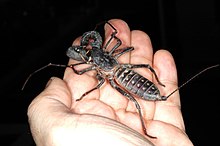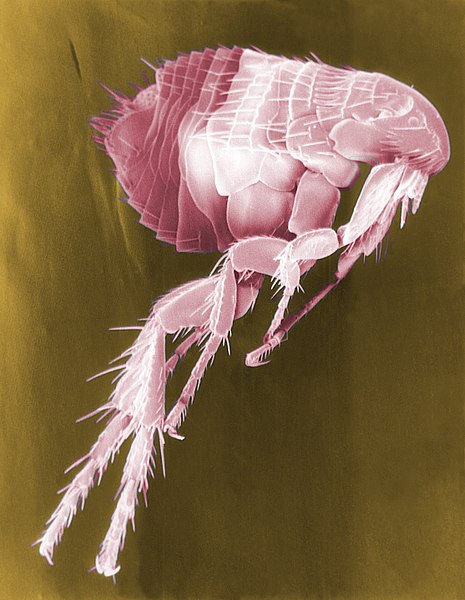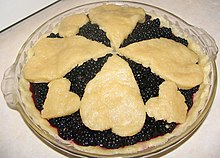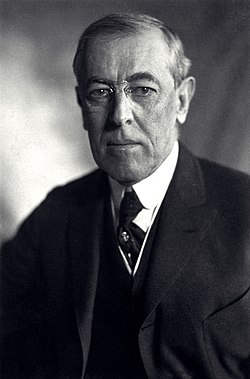But have no fear. There is no need for you to do anything except raise your heavy eyelids and gawp around a bit. Brightwork is nothing to do with work. Or, indeed, with being bright.
So. Spotting some brightwork. Can you see a car anywhere?

Daimler DK400 2-dr fixed-head coupé by Hooper & Co with gold-played brightwork. Photo by AlfvanBeem.
Or a ship?

Brass cannon from HMS Bacchante
Or perhaps even a bike?

Kawasaki Ninja H2/H2R
Good. Well, you see that shiny metal marque badge on it? Or the chrome wheel-trim? Or the glittering wing mirrors?
That's all brightwork. Brightwork is anything metallic and shiny, whether merely decorative or functional.
So there we are. Missions accomplished. Well done.
I'll let you sink back into your torpor, now.
Spot the Frippet: brightwork. The Old English from was beorht, and is related to the Gothic bairhts, clear, and the Swedish brokig, pied. Work...is too exhausting to think about at the moment, but the Old English form was weorc.



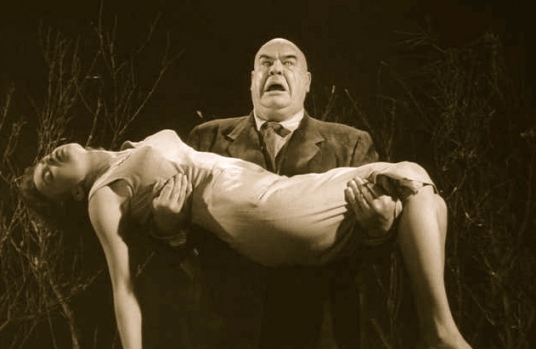





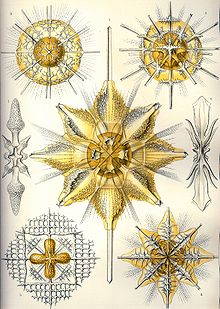



.jpg)
